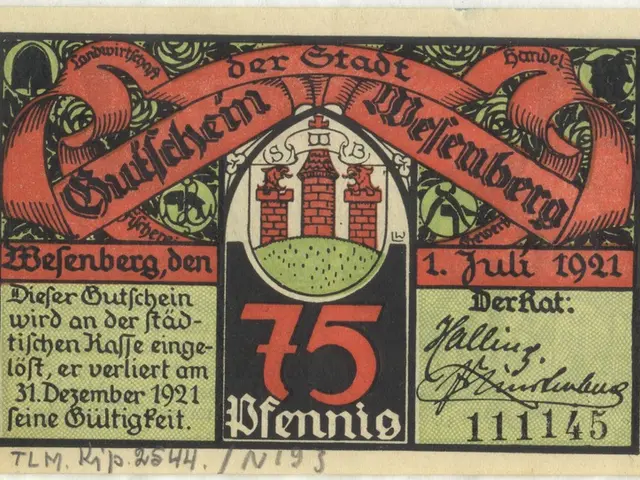The outlook for betting sponsorships in the English football scene: An analysis
In the ever-evolving world of sports sponsorship, the UK's Premier League is redefining the game with the upcoming ban on front-of-shirt sponsorships from gambling operators. Here's a lowdown on what we can expect in the near future:
The Twilight of Traditional Deals
With the voluntary ban on front-of-shirt sponsorships slated for the end of the 2025-26 season, teams and gambling brands are scrambling for innovative brand exposure opportunities, parting ways with the traditional sponsorship model. According to industry specialist Alan Alger, teams are inflating their shirt sponsorship prices, knowing that this will be their last chance to cash in on this lucrative visibility before the ban takes effect.
A New Era of Sponsorships
LED advertising boards are set to become the new stomping ground for gambling operators, ensuring their branding remains omnipresent during matches. Expect to see more novel activations with players and teams, such as digital content, events, or creative partnerships, as clubs explore innovative ways to maintain a presence for their gambling sponsors.
Global Reach - Regional Focus
The ban might slightly alter the nature of partnerships formed between operators and teams. Outside of front-of-shirt deals, many operators sign on as global betting partners for leading football teams. However, in the future, these could become much more region-specific, with teams potentially adopting Asian or African betting partners for an increased sense of exclusivity.
Leagues and Rights Holders - Maximizing Brand Exposure
Operators have begun partnering with tournament holders to maximize brand activations and expand their global reach. Bet365's landmark betting partnership with the UEFA Champions League serves as a prime example of this strategy. However, global deals are riskier from a due diligence perspective, as leagues may have a lower appetite for risk given their regulatory and public perception obligations.
The Future of White Label Sponsorships
The UK government's Department of Culture, Media and Sport and the Gambling Commission have shown interest in investigating white label football sponsorships, which enable non-UK licensed operators to forge sponsorship deals with teams as long as a white label version of their product, operated by a locally licensed company, is active in the market and meets all gambling regulations. However, both Alan Alger and the legal source are skeptical about whether a full ban on gambling sponsorships will ever come into force.
The Regulatory Pressure: Football Governance Bill
While there has been little regulation around the sport itself in the UK, a bill to build a regulatory framework was established in Parliament to govern football. The proposed ban on gambling sponsorships and advertising within the sport was suggested during discussions, but it was swiftly vetoed, with concerns that lower-tier and non-league teams would suffer financially from the loss of such deals.
In conclusion, the bond between English football and the gambling industry seems too deep-rooted to be totally severed. While the model is evolving, alternative sponsorship strategies like LED advertising boards, sleeve sponsorships, novel activations, collaborations, and partnerships are set to dominate the landscape.
- By 2023, with the voluntary ban on front-of-shirt sponsorships from gambling operators looming, the football industry is gearing up for more region-specific partnerships, moving towards a model of Asian or African betting partners to maintain exclusivity and cash in on the remaining visibility.
- The upcoming ban in the Premier League has prompted clubs to seek innovative sponsorship opportunities, ensuring that streaming services and other sponsors are warned of the essential shift in branding strategies from traditional front-of-shirt deals to LED advertising boards and novel activations.
- In an effort to expand their global reach while dealing with regulatory and public perception concerns, gambling operators are actively engaging in white label football sponsorships, a strategy under investigation by the UK government, which may allow non-UK licensed operators to form partnerships with teams, provided their local subsidiary meets all gambling regulations.








